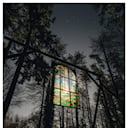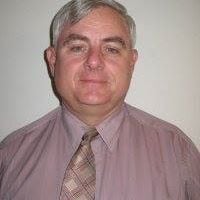Who conceived the idea of the Eurovision Song Contest?
The history of the Eurovision Song Contest began as the brainchild of Marcel Bezençon of the European Broadcasting Union (EBU). The Contest was based on Italy's Sanremo Music Festival and was designed to test the limits of live television broadcast technology.
The first Contest was held on 24 May 1956, when seven nations participated. With a live orchestra, the norm in the early years, and simple sing-along songs on every radio station, the Contest grew into a true pan-European tradition.
Marcel Bezençon (1 May 1907 – 17 February 1981) was a Swiss journalist, media executive and the director of the European Broadcasting Union between 1954 and 1970.
Bezençon graduated with a degree in art history from the University of Lausanne in 1932, and then started work as a freelance art and theater critic before becoming editor of the newspaper 'Feuille d'Avis'.
In 1939, he joined 'Radio suisse romande' (RSR), where he served as its director until 1950 when he became Director-General of the Swiss Broadcasting Corporation (SRG SSR), which he served until 1972. Bezençon also sat as a member of the board of directors of the Swiss Telegraphic Agency (SDA ATS) between 1963 and 1972.
More Info:
en.wikipedia.org

